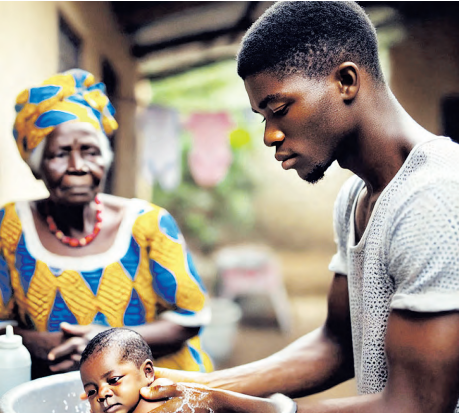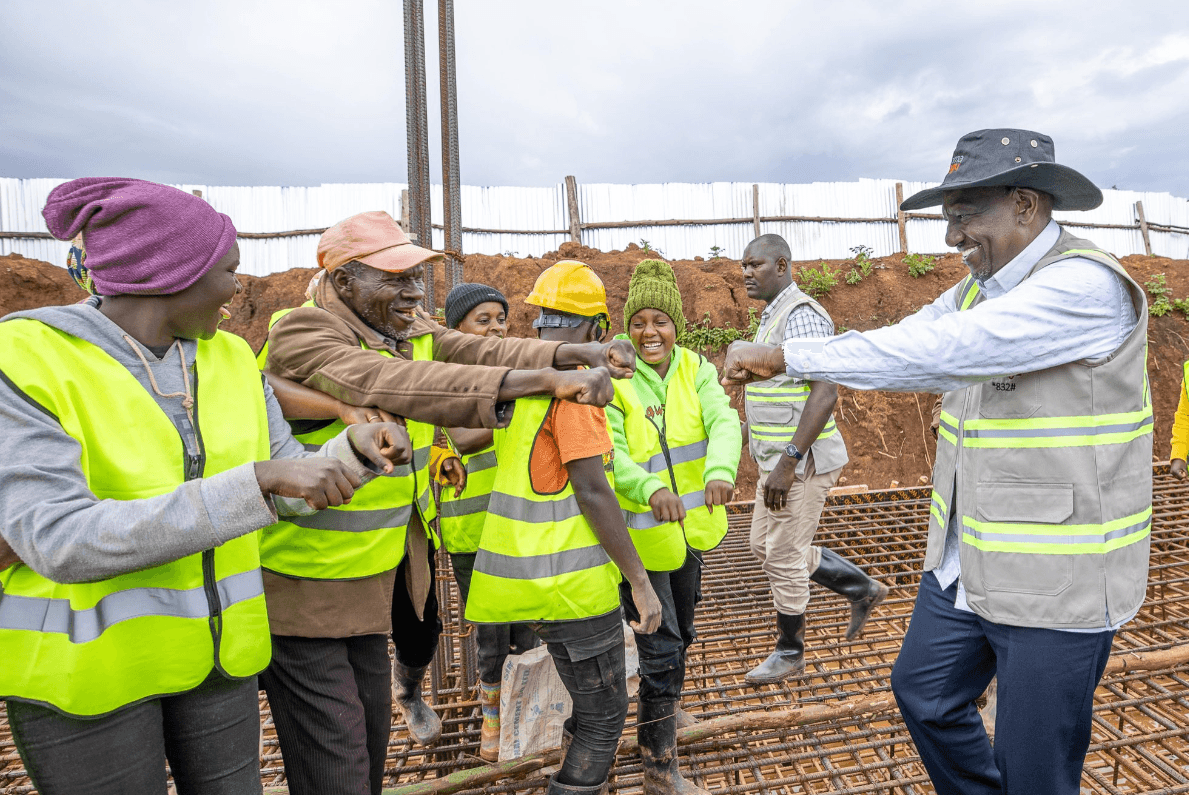
Campaigns to increase men’s involvement in maternal, newborn and child health activities in Kenya must involve the mother-in-law to be successful, a study suggests.
It identifies a man’s mother as being staunchly against maternal, newborn and child health (MNCH) activities such as the son accompanying his wife to antenatal clinics, helping around the house, sometimes cooking and washing the baby.
Men’s involvement in maternal, newborn, and child health is well documented to improve the health of the entire family.
But the new study – published in the International Journal of Environmental Research and Public Health – says mothers-in-law are key barriers.
Sometimes, wives are also against their husbands accompanying them to clinics, because it curtails the woman’s freedom, the study says.
“If men accompany their wives to health facilities to control their movement and actions, then women will not have the chance to meet other women and engage in conversations about their pregnancy, childbirth and childcare experiences,” the study noted.
Authors particularly noted mothers-in-law are sternly against their sons doing “women’s” work.
They gathered 53 women–35 mothers (wives) and 18 mothers-in-law (women with married sons)–in Kakamega for a series of focus group discussions.
They were asked their views on men engaging in MNCH. The resistance of mothers-in-law to their sons’ participation in MNCH activities was stark.
LAZINESS
Many expressed concerns that a man’s involvement in pregnancy and childcare signalled laziness by the wife, a lack of masculinity on the man, or even bewitchment.
One mother-in-law said, “I see my sons even taking their pregnant wives to fetch water, cleaning utensils together. I feel bad for them and sometimes I call my sons to make them stop doing their wives’ duties.”
The research paper is titled ‘My Husband Is a ‘Mama’s Boy’: Women’s Views on Male Engagement in Maternal, Newborn, and Child Health in Western Kenya’.
The findings show that programmatic initiatives to enhance male engagement in MNCH must consider mothers-in-law’s concerns and leverage the wives desire to engage men in a gender-equitable way.
One newly-married woman said, “My husband never even helps in washing the child. My husband is a ‘mama’s boy’. He stays at his mother’s place almost all the time and whatever he is told by his mother is what he does... She does not want him to help me with any household chores and to accompany me to the hospital.”
A recent policy brief by the World Health Organization titled ‘Nurturing care and men’s engagement’ indicates male engagement has multiple health benefits to the man, the wife and child.
Many initiatives to promote male engagement have increased in Kenya. However, the researchers said most of these initiatives do not weigh the benefits and risks that women may experience because of increased male participation in MNCH.
They, therefore, sought to qualitatively assess how women perceive and experience increased male engagement in MNCH in western Kenya. And whether, indeed, women want men accompanying them to clinics.
“Our findings suggest that the level of support for increased male involvement in MNCH varies depending on the type of participant,” they said.
Many mothers-in-law saw men’s engagement as an encroachment on female spaces rather than a supportive partnership.
This perspective stems from deeply ingrained cultural beliefs that assign MNCH responsibilities to women, reinforcing a rigid division of labour.
Younger mothers generally welcomed their husbands’ involvement in MNCH, particularly in financial support, joint decisionmaking and emotional backing.
However, they acknowledged societal barriers preventing their husbands from fully participating.
“In our community, many men do not help their wives because they fear being laughed at by their friends. They will be seen as fools,” one mother explained.











